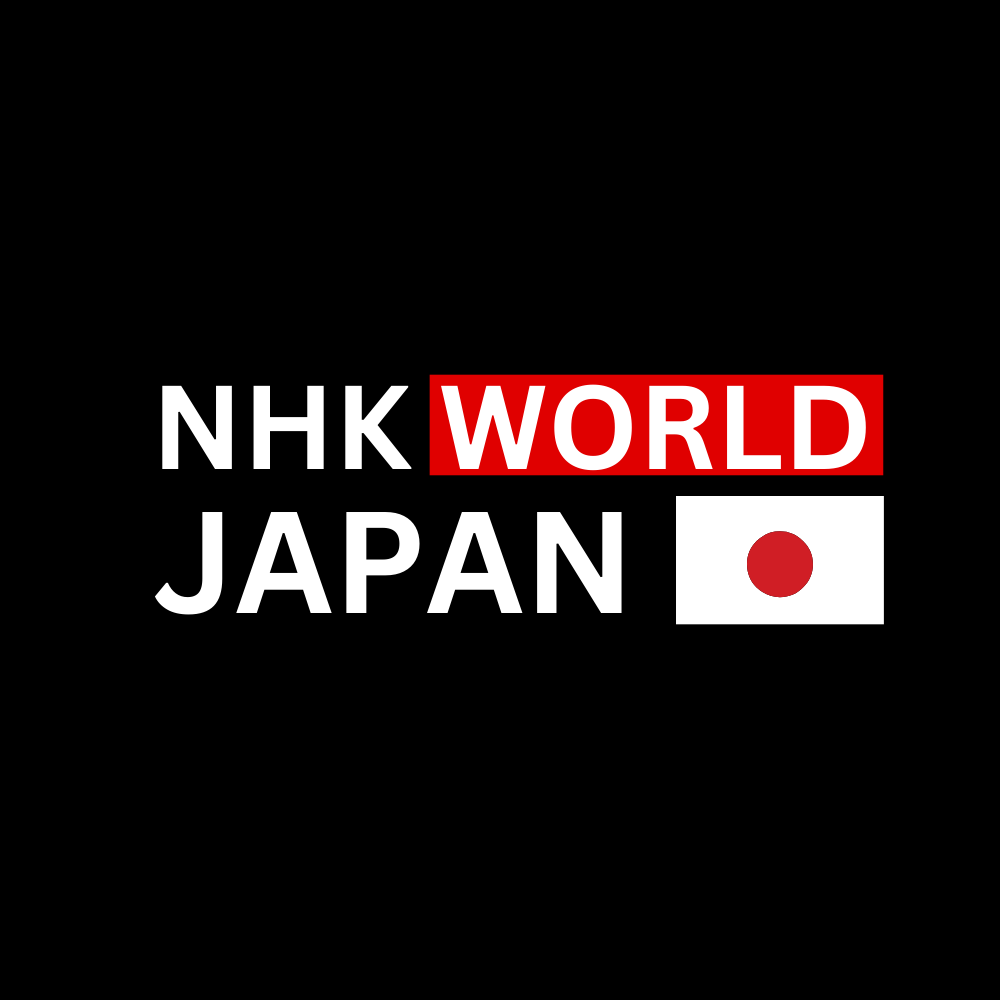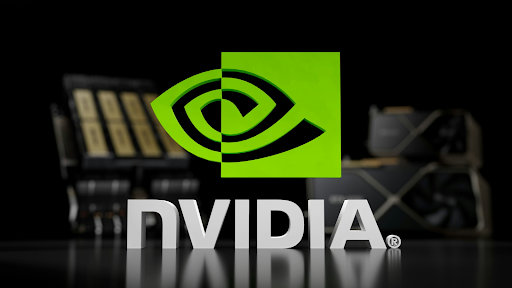Nvidia’s new reality as a $5.05 trillion company has thrust it into a new role: a potential threat to global economic stability. The chipmaker’s historic valuation is now the subject of an intense “boom or bust” debate among world financial leaders.
The “boom” case is built on unprecedented growth. Nvidia added $1 trillion to its market cap in just three months, backed by a $500 billion order book. A $100 billion deal with OpenAI, plus partnerships with Uber, Nokia, and the US government, suggests this is a real economic shift.
President Trump’s vocal support for the company only adds to the bullish sentiment that this is the start of a new, AI-led era of prosperity.
However, the “bust” case is now being argued by the world’s economic referees. The Bank of England and the IMF have both issued formal warnings, explicitly mentioning the risk of an AI bubble.
Their concern is that this valuation, which eclipses the GDP of major nations, is speculative. They point to the “circular” $100 billion OpenAI deal and the high failure rate of corporate AI pilot programs as evidence. If this bubble bursts, it won’t just hurt Wall Street; it will impact the global economy.

